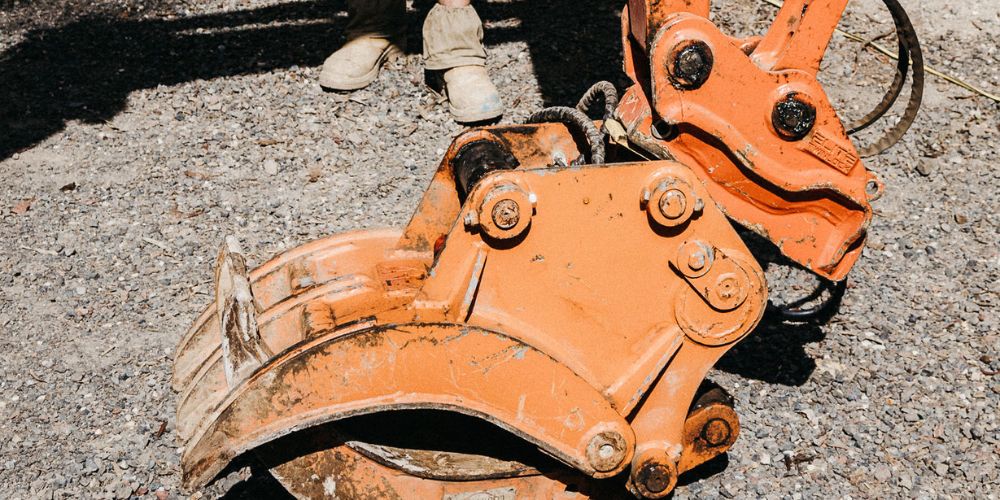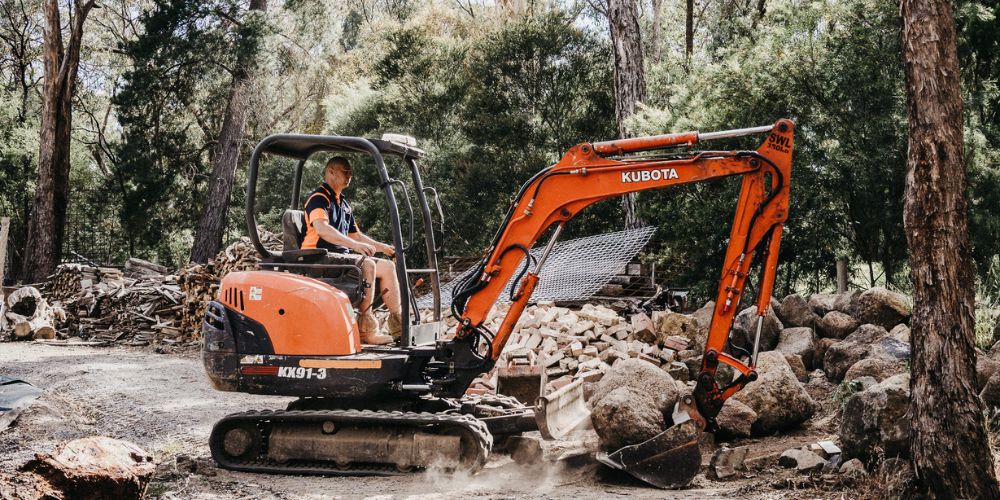Table of Contents
Staying Safe When Performing Detailed Excavations
Excavation Safety is a set of safety precautions necessary for trenching and excavation. These include eliminating hazards and controlling risks in accordance with regulations to keep you safe on the job!
Excavation is a deeply engrossing process, and it’s why detailed excavation covers more precise excavating jobs. This includes excavations for footings, concrete house slabs, driveways preparation (think of the backhoe), retaining wall footings, service trenches, excavation around residential buildings, tight access excavation, pool removal, pool excavation, basement excavation, pipeline trenches, pipeline bellholes and excavation for shoring boxes in confined space works – you name it! Residential buildings and pool removal projects need this safety precaution to make sure that everyone is safe, not just the operator.
Having a well trained and experienced operator is key in pulling of detailed excavation works without a safety incident. An experienced operator will know things like maintaining more than one access and egress point when digging out a basement excavation.

Risk Management Process
A person supervising a construction crew or undertaking excavation works must manage risks to health and safety associated with excavation work before the work commences including:
- a person falling into an excavation
- a person being trapped by the collapse of an excavation
- a person working in an excavation being struck by a falling mass of earth or object
- a person working in an excavation being exposed to an airborne contaminant
- A person working in an excavation being exposed to contaminated soil
In order to manage the risk, all significant factors will be considered such as:
- the nature of the excavation work including the range of possible methods of carrying out the work
- the nature of the excavation
- the means of entry into and exit from the excavation (if applicable)
- the means of carting excavated spoil or material off site
- the machinery to be used
- the crew to carry out the works
- other contractors working in conjunction with the excavation crew

Determining the Hazards
The first step in excavation is identifying the hazards that will be encountered on site. These can be the following:
- Underground Essential Services
- Falling objects
- Falls from one level to another
- Dislodgement of rock and earth
- The presence of inrush water
- The presence of hazardous chemicals that are in the soil
- Hazardous noise and vibration
- Overhead essential services (power lines, water meters, transformers and gas)
- Traffic
- Pedestrians
- Cranes and lifting works
- The general public
- Other machines
- Other workers
- Equipment failure
- Bad weather
- Earth hazards eg- land slips
- Lack of training
Who Has the Duty Of Care When Performing Detailed Excavation Works?
A person conducting a business or undertaking has an obligation under law to make sure they provide adequate measures against potential hazards such as chemical spills in warehouses; exposure during construction sites where heavy materials are being moved around by cranes overhead; fires that may come into contact with flammable chemicals stored near combustible material like cardboard boxes full of wood chips – these accidents can be avoided with the right safety precautions.
A principal contractor for a construction project (for example where the cost of the work is $250 000 or more) has additional duties under WHS. Consultation with workers and their representatives is required at every step of the risk management process. In many cases, decisions about construction work are made early in the project’s development without consulting with staff or safety officials on-site for input, but once a project such as pool excavations starts it becomes more important to get feedback from them as well.
How to Reduce Risk During Detailed Excavation?
Substitution
There are many ways in which to accomplish tasks, but there is always a way that can be more efficient and less time-consuming. For example, you may use an excavator with a rock breaker rather than doing it manually. For an instance, basement excavations or pool excavation is not an easy task that is done without the help of a machine
Isolation
Isolation is a way to protect pedestrians by creating concrete barriers that separate them from the larger roadway. This also helps reduce the risk of collisions between vehicles and pedestrian traffic, which are common in busy urban environments.
Engineering Controls
Excavating can be tricky business, but there are some basic steps you can take to make it a little easier. First off is making sure that the ground around your new home site doesn’t collapse while you’re digging up dirt and rocks; for this, we recommend “benching” or
Conclusion
Safety and precaution when performing detailed excavation is always essential as it always ensures that everyone involved in the project is safe from any harm. From wearing the right safety to performing safety measures for detailed excavations. Need expert help for your excavation needs, Hammer Excavations is here to help. With our experienced contractors, there’s no need to worry about safety matters.
